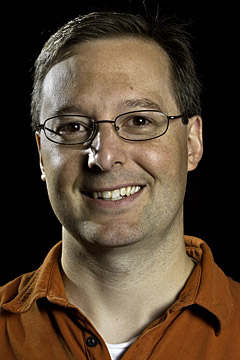Seminar Presentation

Derek L. Hansen, PhD
Location: HSEB 4100B
Date: Apr. 05, 2012
Time: 4:15 pm
Abstract
The ubiquity of social technologies such as Facebook, Twitter, and wikis has enabled new forms of interaction that occur at a pace and scale never before possible. A growing number of researchers and practitioners are developing the tools, social practices, and policies needed to leverage these social technologies for improving our health. Public health professionals are mining Google and Twitter data to predict disease outbreaks, the chronically ill are sharing social support and personal health data to enabled new research discoveries, gamers and hobbyists are solving genomic puzzles, and mobile app developers are using social connections alongside of accelerometers and augmented reality to inform and motivate us to stay healthy. In this talk I will present examples of social participation in Health 2.0 initiatives, discussing both the opportunities they pose and the challenges they face. I will also identify some key questions and strategies for performing research in this area using examples from my work on online health information seeking, network analysis of social media datasets, mobile-social applications, viral marketing, and educational alternate reality games.
Bio
Derek L. Hansen is an Assistant Professor at Brigham Young University's Information Technology program in the School of Technology where he oversees the Social Computing emphasis. He was formerly at the University of Maryland’s iSchool where he directed the Center for the Advanced Study of Communities and Information (http://casci.umd.edu) and was a member of the Human Computer Interaction Lab (http://www.cs.umd.edu/hcil/). Dr. Hansen completed his PhD from the University of Michigan’s School of Information where he was an NSF-funded interdisciplinary STIET Fellow focused on understanding and designing effective online socio-technical systems. His research focuses on the design and analysis of social technologies for the public good